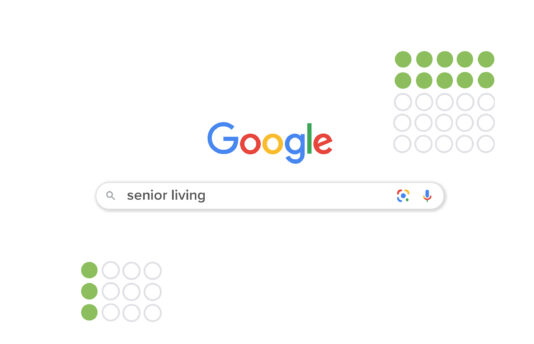Do you ever wonder how the suggested programming Netflix recommends for you always seems pretty spot on, or how it’s sometimes hard to figure out if the help you are getting from a company chatbot is a real person or a computer program? The answer is Artificial Intelligence (AI).
AI is affecting all aspects of our lives and businesses. Those personalized recommendations Netflix makes for you? Netflix claims the system helps save the company $1 billion annually by reducing the number of cancelled subscriptions.
While there is still a lack of understanding about AI, which is basically software systems that can make decisions and find solutions on a human level, the one thing we know is that it is here to stay.
In its Top Strategic Predictions for 2017 and Beyond: Surviving the Storm Winds of Digital Disruption, the IT research firm Gartner said that “by 2020, the average person will have more conversations with bots than with their spouse.” (Hey, Siri, tell me the name of a good divorce lawyer.)
AI is helping brands build better relationships with consumers in all sorts of ways. For instance, to meet the demands of a consumer base that values convenience over cost, Amazon used AI to reduce click to ship time to 15 minutes – a decrease of 225%. The move returned close to 40% on Amazon’s original investment of $775 million to acquire the robotics company Kiva that gave them the capability to better their previous click to ship time of 60-75 minutes.
AI is here, so take advantage
While it still seems new and even sci-fi, AI is really just the extension of the technology revolution that has taken us from the telegraph to the smartphone. The sooner you start integrating AI into your operations, the better you will be able retain and grow your business.
Market research company Forrester predicts that more companies will embrace AI as they better understand its capabilities and challenges and “embrace the idea that no pain means no AI gain.”
Here are three ways AI can improve the marketing efforts of any size business:
- Online advertising. The AI-based platforms of search engines and social media allow brands of all sizes to reach their audience in a hyper-targeted way.
- Better use of data. AI gives marketers useful data faster, saving time and effort that can be used toward developing more informed strategies.
- Improved customer service. Chatbots are the headliner of AI-based ways to communicate with customers on a 24-hour basis, a cost-efficient way of being there for your customers when they need your help.
Implementing AI: You may already have the tools
AI gives us the information we need to make smarter marketing decisions, whether it’s recommending highly-targeted content to users, optimizing email send times to boost open rates or determining topics and titles for content calendars based on past performances and forecasting.
How can you implement AI into your business operations? Paul Roetzer, founder of the Marketing AI Institute, boils it down to three steps:
- Take a look at your repetitive, manual marketing tasks. Determine what could be intelligently automated.
- Assess the opportunities to get more out of your data – discover insights, predict outcomes and devise strategies.
- Explore the AI capabilities of your current marketing tools. Whether you have content analysis or speech-to-text software, many of these tools already contain AI capabilities.
You can also add this fourth key step:
- Identify an AI internal `expert’. No matter what AI strategy you use, there should be someone within your organization who embraces the technology and can lead your efforts. Even if you do have someone internally, you will need to consult your external IT pro.
Does AI makes sense, but seems overwhelming? Email EVR’s digital marketing analyst Kathryn O’Neil to talk about your next project.











